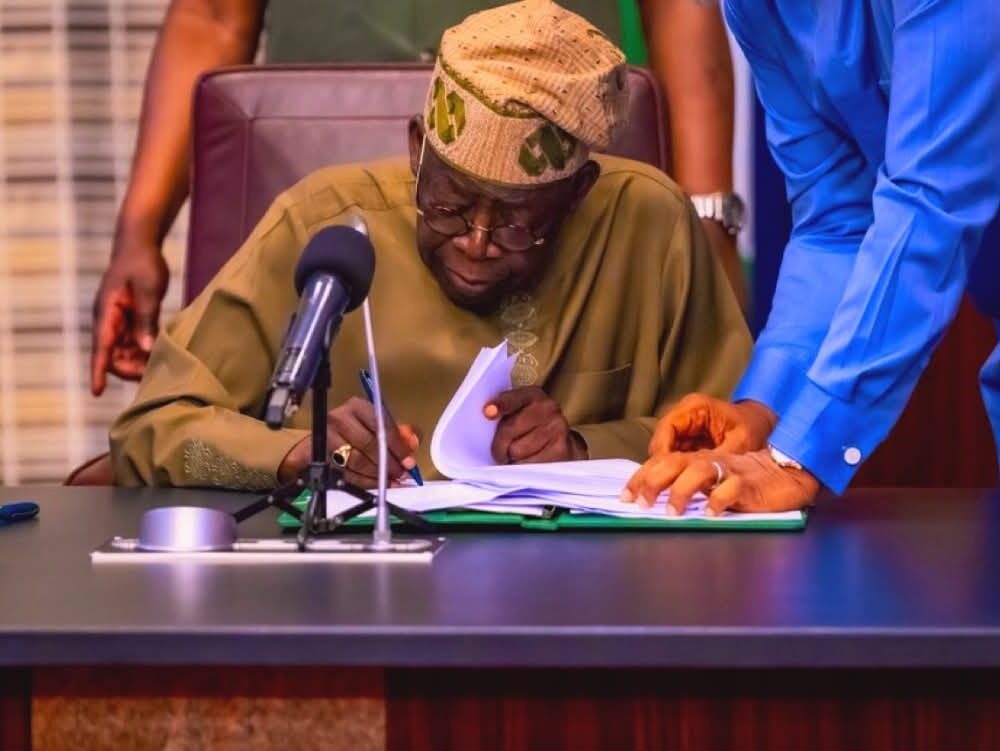The Supreme Court has dismissed the suit filed by Rivers State Governor, Siminalayi Fubara, seeking to remove 27 members of the State House of Assembly over their defection from the Peoples Democratic Party (PDP) to the All Progressives Congress (APC).
Delivering judgment, Justice Uwani Abba-Aji dismissed the appeal and awarded a cost of N4 million against Governor Fubara—N2 million each to the Rivers State House of Assembly and its Speaker, Martin Amaewhule. The appeal was withdrawn by Fubara’s legal counsel, Yusuf Ali (SAN), and was not opposed by the respondents, leading to its dismissal by the apex court.
With this ruling, the 27 lawmakers, loyal to former Rivers State Governor and current Minister of the Federal Capital Territory (FCT), Nyesom Wike, now have the legal backing to fully resume their legislative functions. Senior Advocate of Nigeria, Ken Njemanze, who spoke after the ruling, stated that all actions taken by Governor Fubara in the absence of the 27 lawmakers including the presentation and passage of the 2024 and 2025 budgets—have been rendered null and void.
This Supreme Court verdict aligns with previous judgments. The Court of Appeal had earlier dismissed Fubara’s appeal on October 10, 2024, while the Federal High Court in Abuja, presided over by Justice James Omotosho, nullified the passage of Rivers State’s N800 billion 2024 budget by just four lawmakers. The judge ruled that passing the budget with only a fraction of the House was unconstitutional and ordered Fubara to re-present it before the Amaewhule-led Assembly.
The legal battle stem from the political rift between Governor Fubara and his predecessor, Wike. The pro-Wike lawmakers had approached the Federal High Court to challenge alleged executive interference in legislative affairs. Justice Omotosho, in an earlier ruling, restrained Fubara from preventing the lawmakers from carrying out their constitutional duties, withholding funds meant for the Assembly, or reassigning its Clerk and Deputy Clerk. He further directed the Inspector-General of Police to ensure adequate security for the lawmakers to conduct their activities without obstruction.
Despite this, Fubara proceeded to present the budget to the four lawmakers loyal to him, an action the court later declared a nullity. Additionally, his move to demolish part of the Assembly complex and withhold legislative funds was described by the judge as a “tyrannical” attempt to stifle the legislature.
With the Supreme Court’s final ruling, the 27 lawmakers now have full authority to resume legislative functions, dealing a significant blow to Governor Fubara’s attempts to sideline them. The judgment cemented Wike’s influence in Rivers politics, setting the stage for further political realignment in the state.





